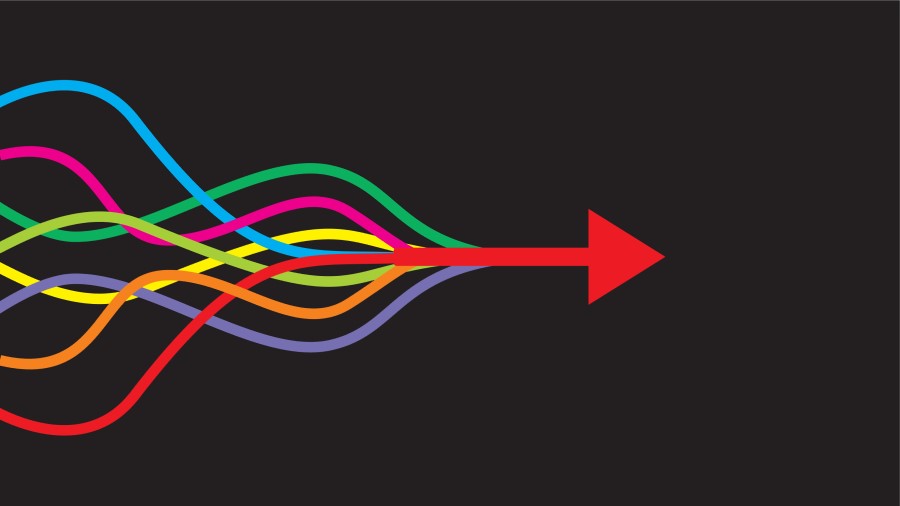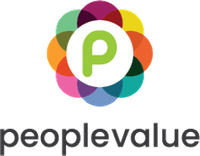How to use reward and benefits to connect your people to your organisation’s purpose

Why connect your people to your purpose?
The Macleod Report found that businesses with high employee engagement had four key themes in common, later to be known as Engage for Success’ Four Enablers of employee engagement. One of these enablers is Strategic Narrative, which, in other words, is your business’ story: where it’s been and where it’s going. It’s the ‘why’ behind everything you do. Having a compelling and authentic strategic narrative is an essential driver of employee engagement because it provides employees with meaning and purpose at work.
Your employees need to understand your business’ values, mission and ethos in order to be engaged, which means that connecting them to your purpose is an essential step. It’s all about ensuring that your people feel part of your business’ story and understand their role in the journey so they can actively contribute to achieving your business’ goals.
The role of reward and benefits
Reward and benefits play a pivotal role in connecting your people to your purpose because they reinforce your strategic narrative and help integrate your values, mission and ethos into your culture. So, to make sure your employees are truly living and breathing your values and fully understand the ‘why’ behind what they do, it’s crucial that your reward and benefits strategy is aligned with your organisational purpose. That way, reward and benefits can support your strategic narrative and connect your people to your purpose in a number of ways.
We see many of our clients use their reward and benefits schemes as another communications channel through which they can reinforce their values, mission and overall strategic narrative. That means that when employees access their benefits platform or receive a reward, they are reminded of what their business stands for and how they are part of a community of people working towards a common goal.
Cementing your company values
Your company values are a key set of aspirational behaviours which underpin the way you want your business to operate and how your employees should act in their day-to-day roles. Reward and recognition both play a huge part in cementing your values into your culture, thereby enhancing employees’ sense of purpose.
Peer-to-peer recognition schemes, for example, empower employees to nominate each other for displaying company values. Not only does this actively encourage employees to live the values in their day-to-day roles, it also inspires them to seek out occasions where the values are being displayed by colleagues too. As a result, employees are far more aware of the behavioural expectations set out by their business and more in tune with their purpose. Making sure your values are a key component of your reward and recognition scheme is therefore crucial.
Providing clear goals
Alongside your company values, reward and benefits also establish what you as a business consider important in your people. For example, by delivering Long Service Awards your business demonstrates that loyalty is a trait you actively support and reward. Whether you reward employees for 3, 5 or 10 years of service, having that significant reward in place gives your people a milestone to work towards which further connects them to a purpose.
Whether through a peer-to-peer recognition scheme where employees are nominated by their colleagues for living your values, or you deliver rewards based on specific targets, regularly recognising and celebrating your people not only establishes clear goals but also incentivises your employees, which will enhance their sense of purpose.
Emphasising the bigger picture
Many employees don’t understand how their individual contributions fit in with their business’ overall purpose or strategic narrative, and this is when they’re in danger of becoming disengaged. Reward and recognition schemes can tackle this problem because they help employees understand the ‘why’ behind their individual roles which provides meaning and purpose to their working lives.
Saying thank you to individuals and publicly appreciating their work with a recognition tool means that achievements happening from different areas of your business are visible to all employees. Being able to see all of the great work taking place alongside their own achievements shows employees how their individual work adds to a bigger picture and supports your business in reaching its purpose. Highlighting these positive examples in one place is a powerful way of showing your people that they all have a shared purpose and are working towards a common goal.
Your reward and benefits should be fully aligned with your business’ strategic narrative in order to effectively connect your people to your purpose. By doing that, you can reinforce your company values, provide your employees with clear goals and emphasise how they are all working towards a common goal. All of this contributes to building a thriving company culture and a strong company identity.
This article is provided by Peoplevalue.
Supplied by REBA Associate Member, peoplevalue – The Employee Engagement Company
We are a leading provider of employee reward&recognition, benefits delivery&wellbeing solutions.







